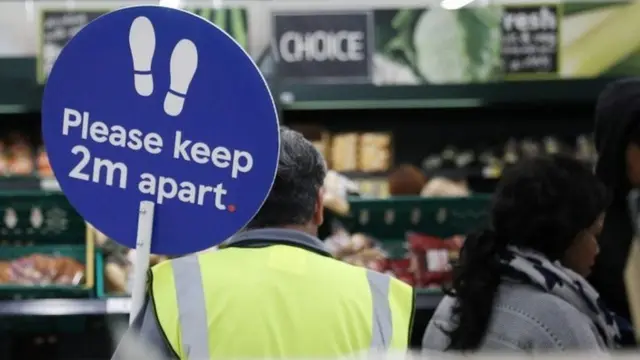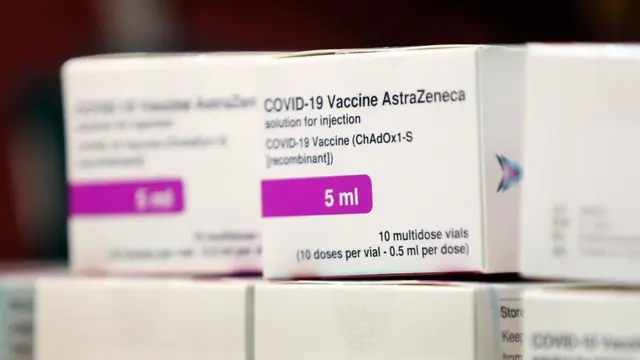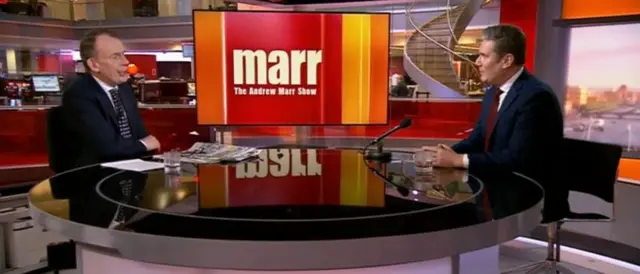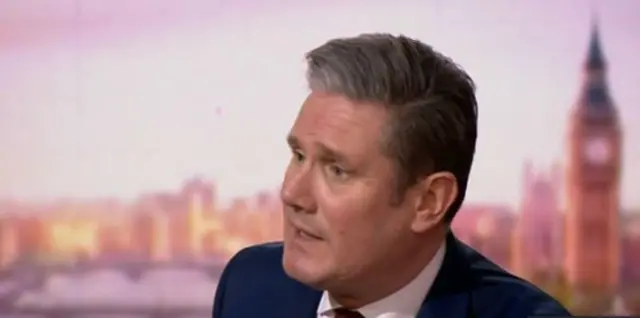What's happening in the UK today?published at 12:35 GMT 10 January 2021
Here’s a quick summary of the main stories from the UK:
- People must take lockdown seriously as the UK is "in the eye of a storm" in a situation "much worse than March" says virus expert Professor Peter Horby
- His warning comes as almost 60,000 new cases of coronavirus were reported in the UK on Saturday and the number of deaths after a positive test passed 80,000
- But hope is on the horizon as every adult will be offered a Covid vaccine by the autumn, Health Secretary Matt Hancock says
- Regular rapid testing for people without coronavirus symptoms will start across England this week
- Meanwhile, Home Secretary Priti Patel has said officers "will not hesitate" to enforce lockdown rules as she defended the way police have handled breaches
- In Wales, some councils have not included some jobs like teachers and supermarket staff on their lists of key workers whose children can go to school
- Live-streamed lessons will not be offered to all children in Scotland when the new school terms begins on Monday, according to BBC research





